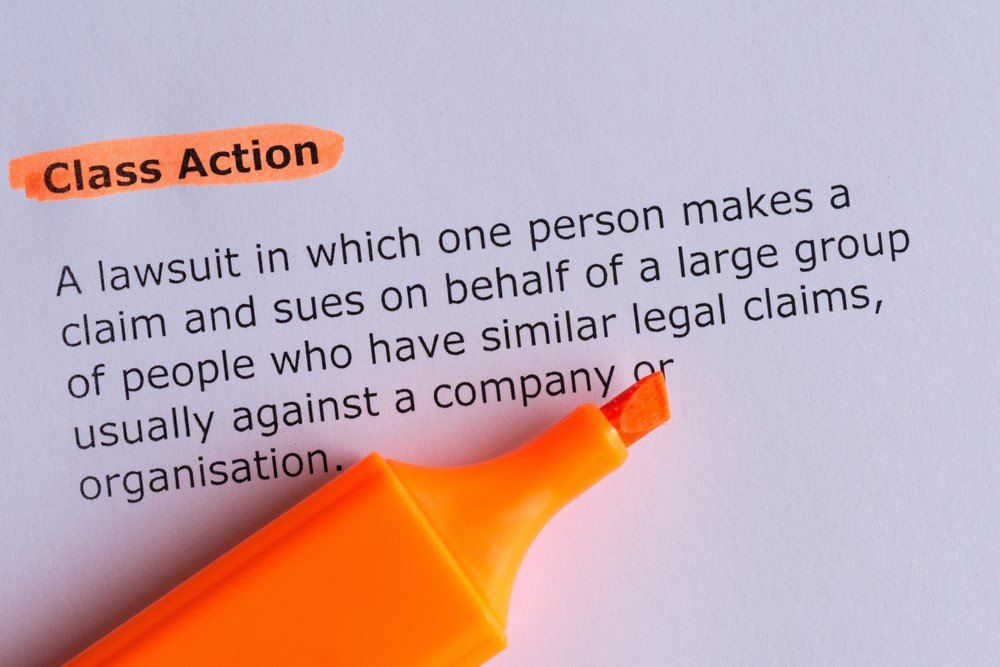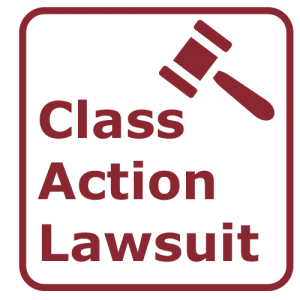Key Elements to Consider in Course Action Claims: Insights for Legal Representatives
Course activity suits can be challenging and intricate for legal representatives to navigate. Understanding these variables and their implications is critical for lawyers aiming to properly represent their customers in class activity legal actions.
Course Accreditation Demands
To wage a class activity legal action, legal representatives should browse via a series of rigid course certification requirements. Course accreditation is an essential stage in the lawsuits procedure that determines whether a team of plaintiffs can be certified as a course and wage their claims jointly. These demands serve to ensure that class actions are effective and appropriate devices for fixing disputes involving many plaintiffs.
One of the primary needs for course certification is numerosity. This requirement demands that the class be so numerous that joinder of all participants is unwise. While there is no fixed mathematical limit, courts usually think about a class with more than 40 members as adequately numerous. Furthermore, commonness is another important variable in course certification. It requires that there are concerns of legislation or reality typical to the class, which have to predominate over specific issues.
Adequacy of representation makes certain that the representatives will relatively and appropriately secure the rate of interests of the class members. A course action need to also please the requirement of supremacy, suggesting that a course activity is a superior approach for settling the conflict compared to various other available approaches.
Navigating through these class accreditation demands can be difficult and complicated for legal representatives. Understanding and meeting these requirements are important to efficiently pursue a course action claim on behalf of a group of plaintiffs.

Commonness of Claims
The following essential variable to think about in the class accreditation process is the commonality of claims amongst the complainants. Commonness refers to whether the course participants share comparable legal issues and questions of fact that can be dealt with collectively. To put it simply, it is essential to identify if there are usual inquiries of regulation or truth that are main to the lawsuits and that predominate over any type of specific issues.
To establish commonality, the complainants need to demonstrate that there are valid or lawful problems that prevail to the whole class. This can be accomplished by identifying a typical training course of conduct or a common lawful concept that underlies the claims (Class action lawsuit). The presence of typical inquiries is essential since it promotes judicial effectiveness and economic climate by permitting a solitary decision to resolve the problems for the entire course
However, it is necessary to note that the commonality need does not demand that all the private claims be the same. If there are still usual questions that bind the course with each other., differences in damages or private circumstances do not always defeat commonality.

Damages Estimations
When computing problems in course activity lawsuits is the precise evaluation of economic losses sustained by the class participants,One vital element to think about. In order to figure out the suitable amount of payment, it is needed to evaluate the degree of harm suffered by each individual within the class. This can be a complex task, as it requires a complete analysis of different aspects, such as the nature and period of the injury, the economic effect on the influenced people, and any various other appropriate considerations.
When analyzing monetary losses, it is vital to think about both the straight and indirect damages endured by the class participants. Direct damages refer to the actual out-of-pocket costs sustained as a result of the accused's actions.
To calculate damages accurately, legal representatives must collect thorough proof, including monetary documents, expert viewpoints, and testimonies from the class members. They may likewise require to engage financial and economic specialists who can give understandings right into the long-lasting financial implications of the harm endured.
Settlement Negotiations
Throughout settlement arrangements, attorneys have to participate in cautious and tactical conversations to reach a mutually acceptable resolution for all events associated with the class activity claim (Class action lawsuit). Settlement settlements are a crucial stage in the litigation procedure, where the parties attempt to get to a concession without going to test. These negotiations require lawyers to employ their negotiation skills, legal expertise, and understanding of the situation's weaknesses and toughness
One vital variable to think about throughout negotiation arrangements is the potential threats and expenses related to continuing to trial. Lawyers have to carefully assess the likelihood of success at test and weigh it against the possible benefits of a negotiation. They ought to also consider the prospective time and resources that would be required to go through a test, along with the potential adverse attention that could arise from a public trial.
One more key variable is the interests and worries of the course members. Lawyers need to comprehend what the course participants want to achieve through the lawsuit and just how a settlement can address their complaints. By taking into consideration the course members' point of views and seeking advice from them throughout the settlement process, lawyers can much better advocate for their interests and make sure that any settlement gotten to is reasonable and acceptable.
Furthermore, lawyers must be prepared to negotiate with the opposing party and their legal representatives. This see it here calls for a deep understanding of the staminas and weaknesses of both sides' arguments and a readiness to compromise. Experienced negotiators can take advantage of this expertise to find commonalities and craft imaginative remedies that fulfill the requirements of all celebrations entailed.
Efficient Client Depiction
To successfully represent their customers in course activity lawsuits, lawyers have to possess an extensive understanding of the situation and faithfully advocate for their clients' passions. Reliable client depiction requires lawyers to develop open lines of interaction and keep a strong attorney-client connection throughout the whole litigation procedure.
Primarily, attorneys need to completely evaluate the realities, legal problems, and possible risks related to the instance. This includes carrying out an in-depth investigation, evaluating relevant records, and talking to professionals if necessary. By acquiring a deep understanding a knockout post of the case, lawyers can create a critical technique tailored to their customers' objectives and needs.
In addition, attorneys need to actively promote for their customers' rate of interests throughout all phases of the claim. This includes drafting persuasive lawful debates, performing comprehensive research, and presenting compelling proof to support their clients' cases. Legal representatives must likewise stay educated about recent developments in class activity law and use this knowledge to strengthen their customers' placements.
In enhancement to lawful campaigning for, reliable customer representation entails providing regular updates, responding to concerns, and addressing any kind of issues that customers might have. Legal representatives must be aggressive in maintaining their clients notified concerning the progress of the situation and any kind of significant developments that might influence the outcome.
Eventually, reliable customer depiction needs legal representatives to be attentive, responsive, and devoted to shielding their customers' interests and legal rights. By taking on a client-centered method, legal representatives can make best use of the possibilities of achieving a beneficial result in class action claims.
Conclusion
In conclusion, attorneys involved in class action claims must think about crucial aspects such as class qualification requirements, the commonness of claims, damages calculations, settlement arrangements, and effective client representation. By thoroughly dealing with these variables, legal representatives can boost their opportunities of success in course action lawsuits and ensure that the interests of their clients are safeguarded.
Comprehending these variables and their ramifications is important for you could look here attorneys aiming to effectively represent their customers in course action claims.To proceed with a class activity legal action, legal representatives must navigate via a collection of rigorous class certification demands. Class certification is a vital stage in the litigation process that determines whether a group of complainants can be certified as a course and proceed with their claims collectively. A class action need to additionally satisfy the demand of supremacy, suggesting that a class activity is a premium technique for settling the dispute compared to various other available techniques.
One critical element to think about when computing problems in course activity legal actions is the accurate analysis of monetary losses incurred by the course members.